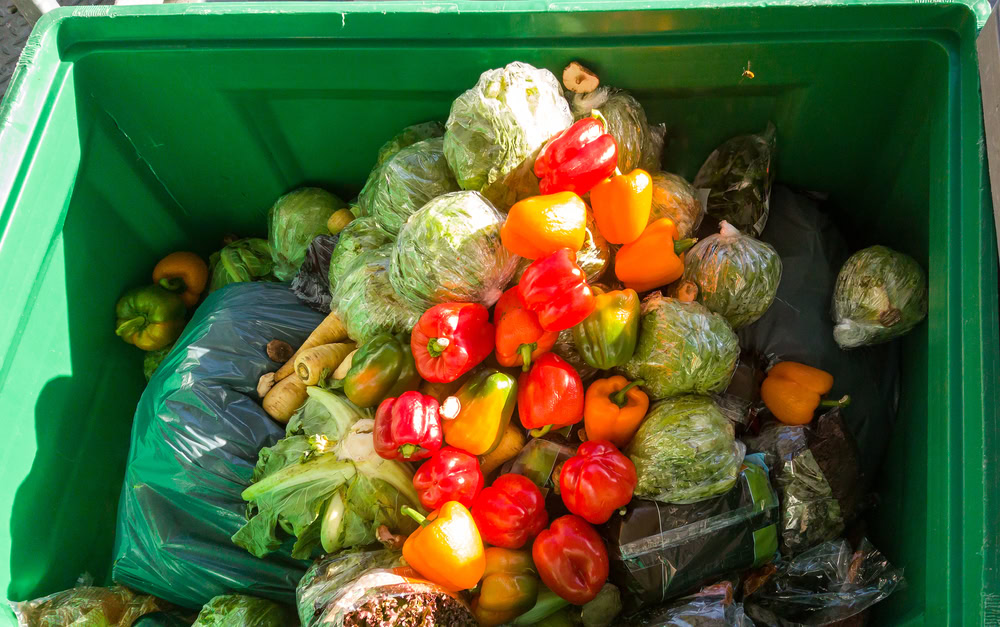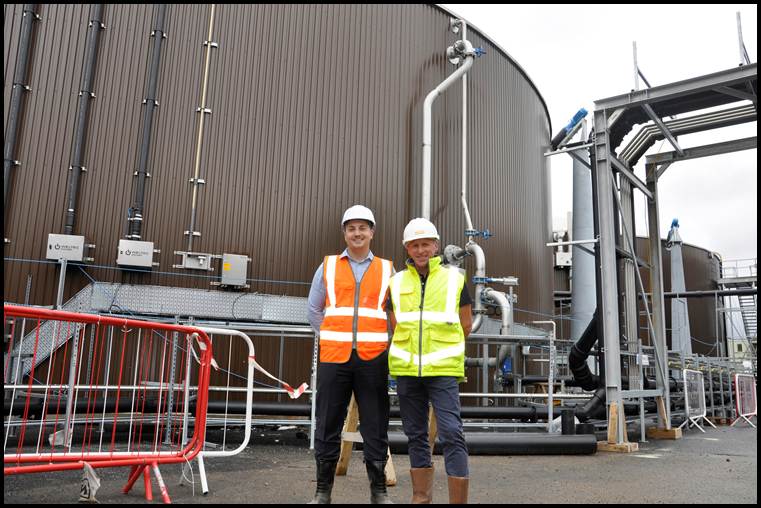The facility is likely to treat wastes including liquid food waste, such as brewery waste, as well as household organic waste in order to produce as “environmentally friendly” a bio-gas as possible.
” We have two or three waste management companies interested in the project, but the plant will not just be taking domestic waste. “
– Professor Andrew Wheatley, Loughborough University
The plant will allow Loughborough University to research anaerobic treatment, in order to make recommendations on improving the process. These recommendations could be taken to government.
Plan
At this point in time the University along with the South East England Development Agency have put together a business plan for the plant, and have spoken to both waste management companies and potential businesses that could provide feedstock for the plant.
However the two organisations have confirmed that the early plans intend to place the facility near Sevenoaks.
According to Professor Andrew Wheatley, head of infrastructure engineering at Loughborough, the plant will probably come on line towards the end of 2007.
The University will not be providing any funding towards the plant, but hopes are that waste management companies will be attracted by the proposals to invest in the project.
Professor Wheatley told letsrecycle.com: “We have two or three waste management companies interested in the project, but the plant will not just be taking domestic waste.
“Domestic waste is quite solid so will be mixing it with liquid, such as brewery waste. This will make it easier to mix and improve the efficiency of the plant,” he added.
| Related links: |
Households
Professor Wheatley explained that around a third of the 40,000 tonnes going into the plant would come from households in the region.
The University has also been investigating outlets for the residue from the plant, with possible solutions including crop fertiliser and brown site land reclamation depending on how clean the material is.







Subscribe for free